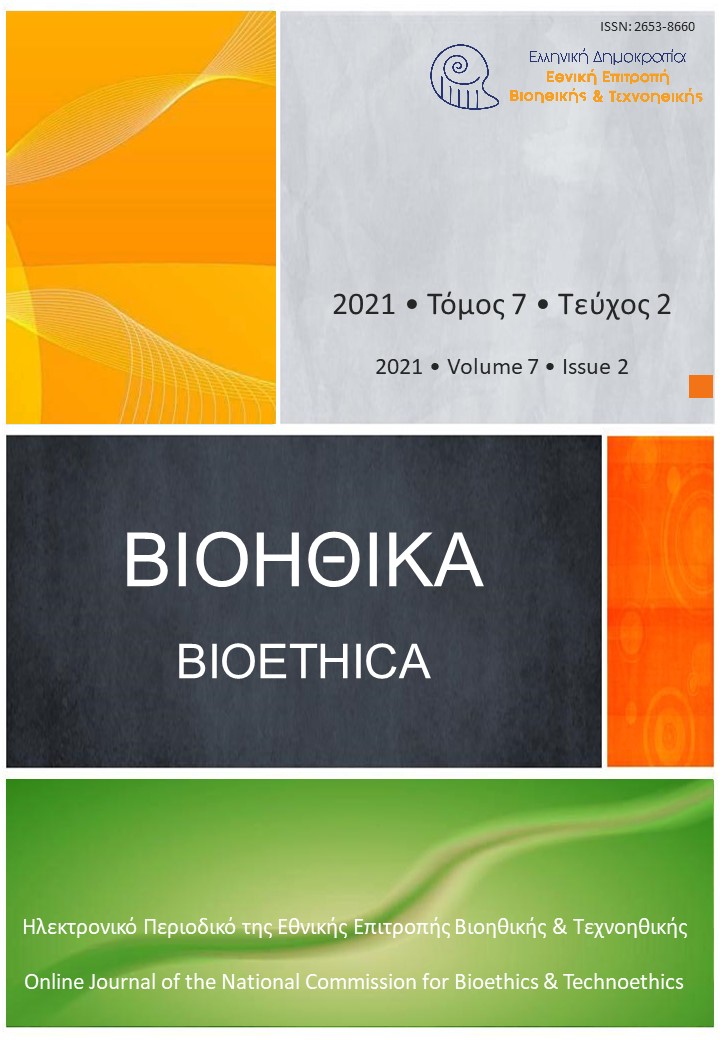Review of the current and post-Brexit UK legal framework on the regulation of genetic technologies

Abstract
The launch of a nationwide consultation in January 2021 by the UK Department for the Environment, Food and Rural Affairs (Defra) on the regulation of genetic technologies has been used as an opportunity by the UK Government to gauge public and scientific opinion on the applications of gene editing in agriculture and aquaculture. In particular, the consultation sought to consider the controversial question of whether gene editing (GE) should be subject to the same regulations as genetically modified organisms (GMOs). The distinction between GE and GMO products, as well as between the legal regulations governing them, are highly important: currently, the UK still follows the EU’s restrictive approach, whereby gene editing is regulated in the same way as GMOs. However, in light of the UK’s departure from the EU, the UK government seems willing to reconsider this approach and adopt a new regulatory framework characterised by less stringent controls. Accordingly, this review paper examines the current legal framework on gene editing and GMOs in the UK and EU, as well as in other relevant jurisdictions, before then examining the Defra consultation in light of the mixed responses to it from both the scientific community and the general public. The paper concludes with a number of considerations that should inform any proposed post-Brexit reform of the framework that allows for the correct balance to be struck between scientific development, food security, human health, and the environment.
Article Details
- How to Cite
-
Firmansyah, A. (2021). Review of the current and post-Brexit UK legal framework on the regulation of genetic technologies. Bioethica, 7(2), 51–68. https://doi.org/10.12681/bioeth.28152
- Section
- Reviews

This work is licensed under a Creative Commons Attribution 4.0 International License.
Authors who publish with this journal agree to the following terms:
- Authors retain copyright and grant the journal right of first publication with the work simultaneously licensed under a Creative Commons Attribution CC BY 4.0 License, which allows for immediate free access to the work and permits any user to read, download, copy, distribute, print, search, or link to the full texts of articles, crawl them for indexing, pass them as data to software, or use them for any other lawful purpose. Appropriate credit must be given by citing the author(s) and the original publication in this journal.
- Authors are able to enter into separate, additional contractual arrangements for the non-exclusive distribution of the journal's published version of the work (e.g. post it to an institutional repository or publish it in a book), with an acknowledgement of its initial publication in this journal.
We encourage authors to deposit their articles, as well as data underlying the publications, in institutional and/or other appropriate subject repositories.
Bioethica permits and encourages authors to archive the final publication pdf in institutional (e.g. the repository of the National Hellenic Research Foundation) or other appropriate subject repositories (e.g. SSOAR repository for social sciences), in compliance with institutional and/or funder open access policies, after publication in the BIOETHICA. Authors must provide bibliographic details that credit publication in the journal, as well as related funding details (when applicable).
Lists of institutional and other subject-based academic open access repositories can be found listed by country at the registry http://opendoar.org/countrylist.php
If your institution does not possess a repository you may deposit a copy of your paper at no cost with www.zenodo.org , the repository supported for open access research in the EU by the European Commission, through the project OpenAIRE (www.openaire.eu )


